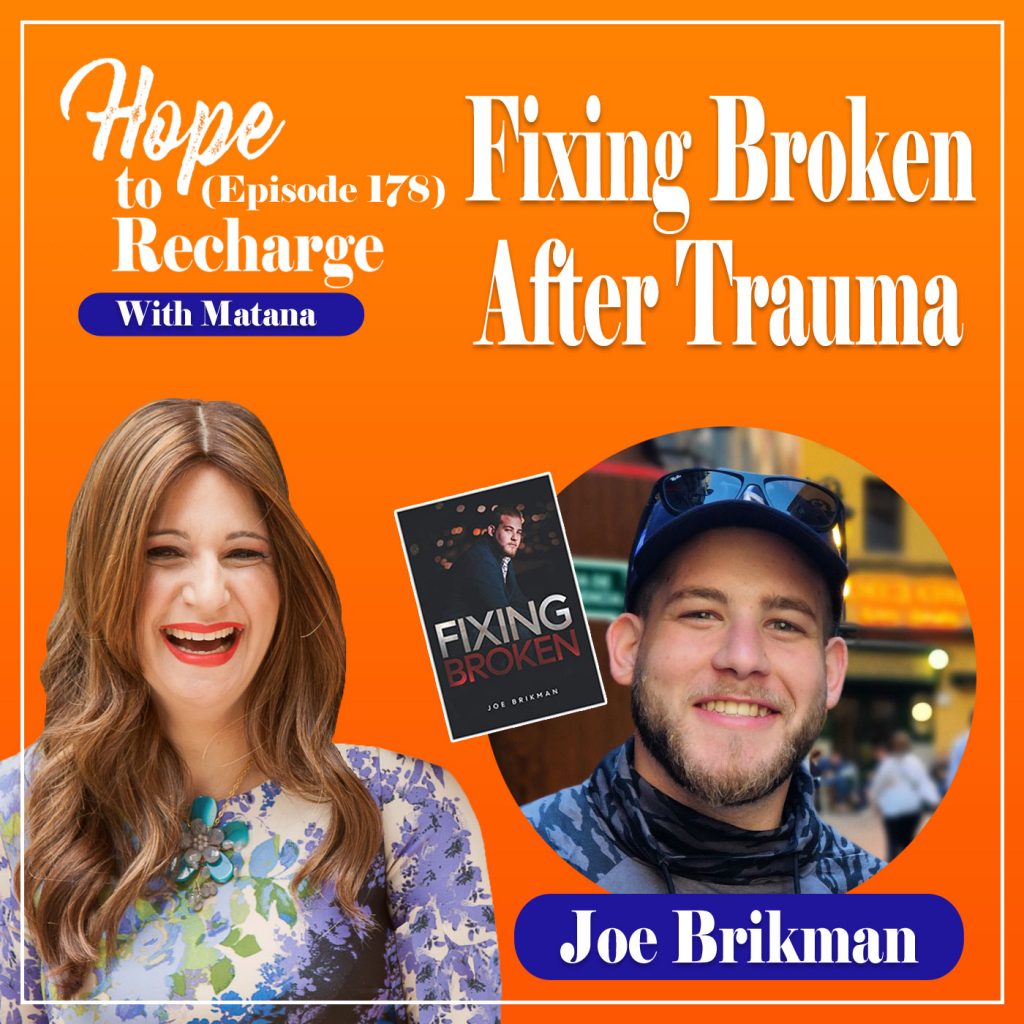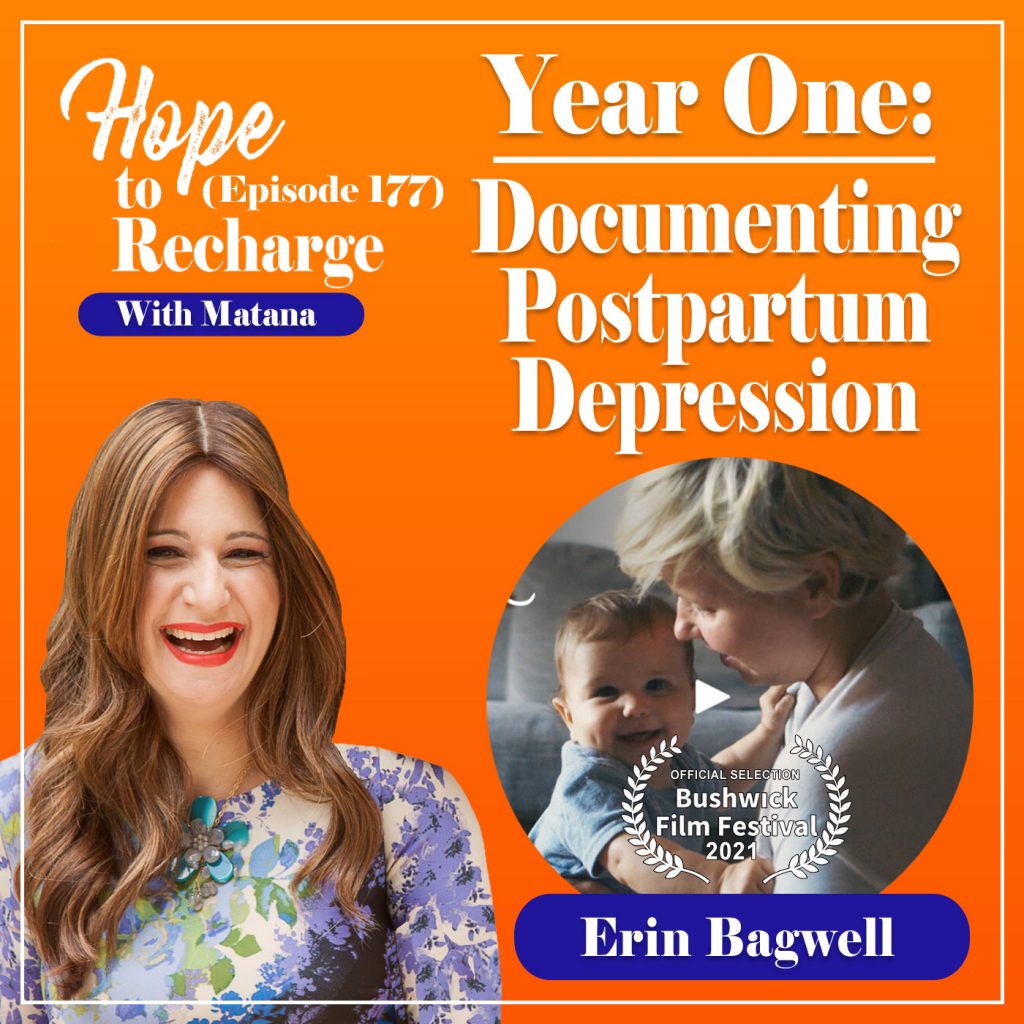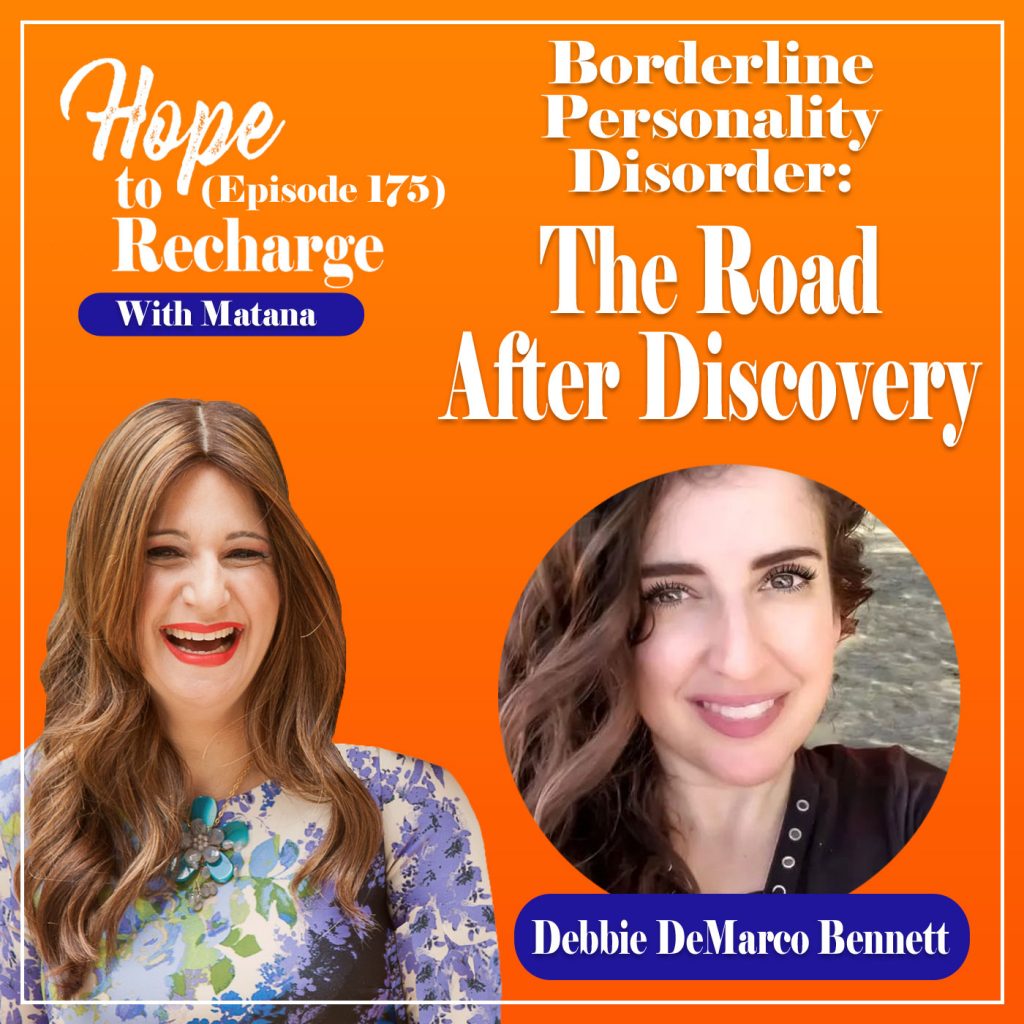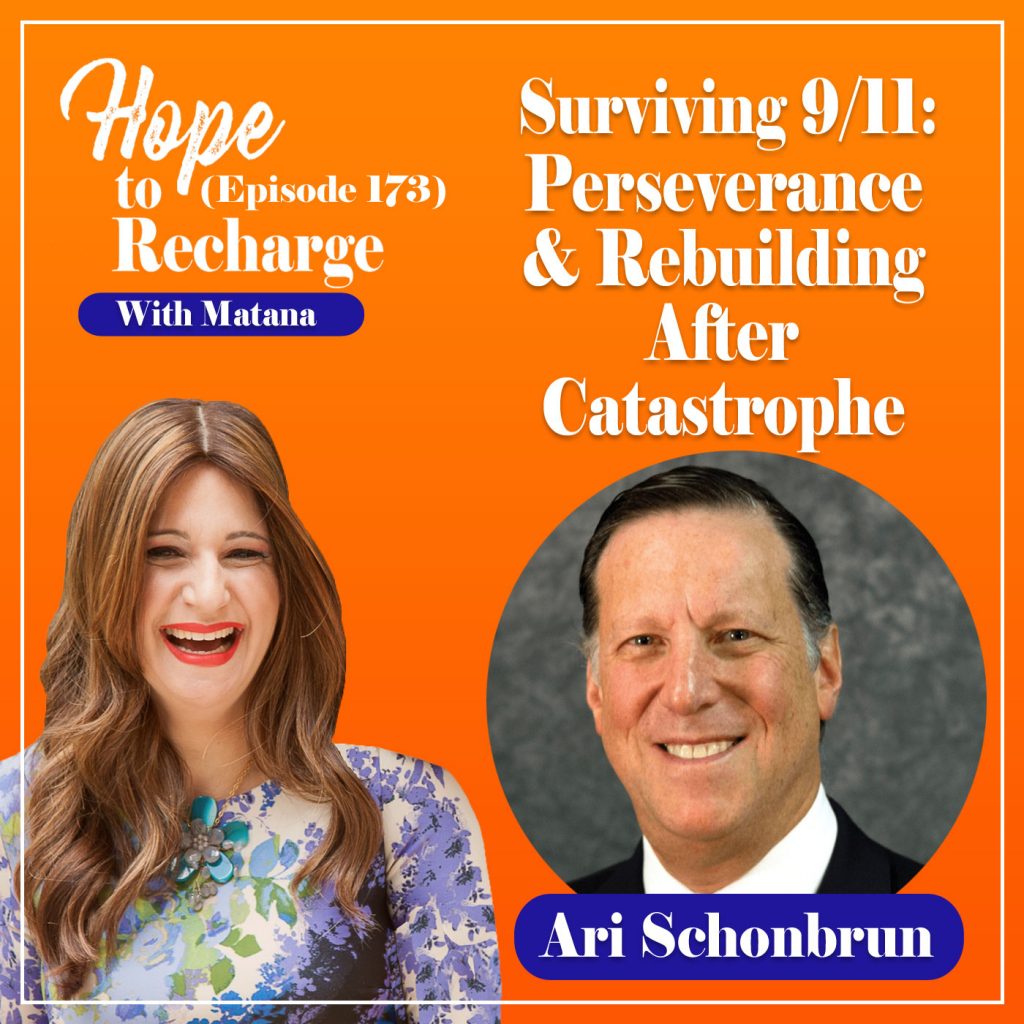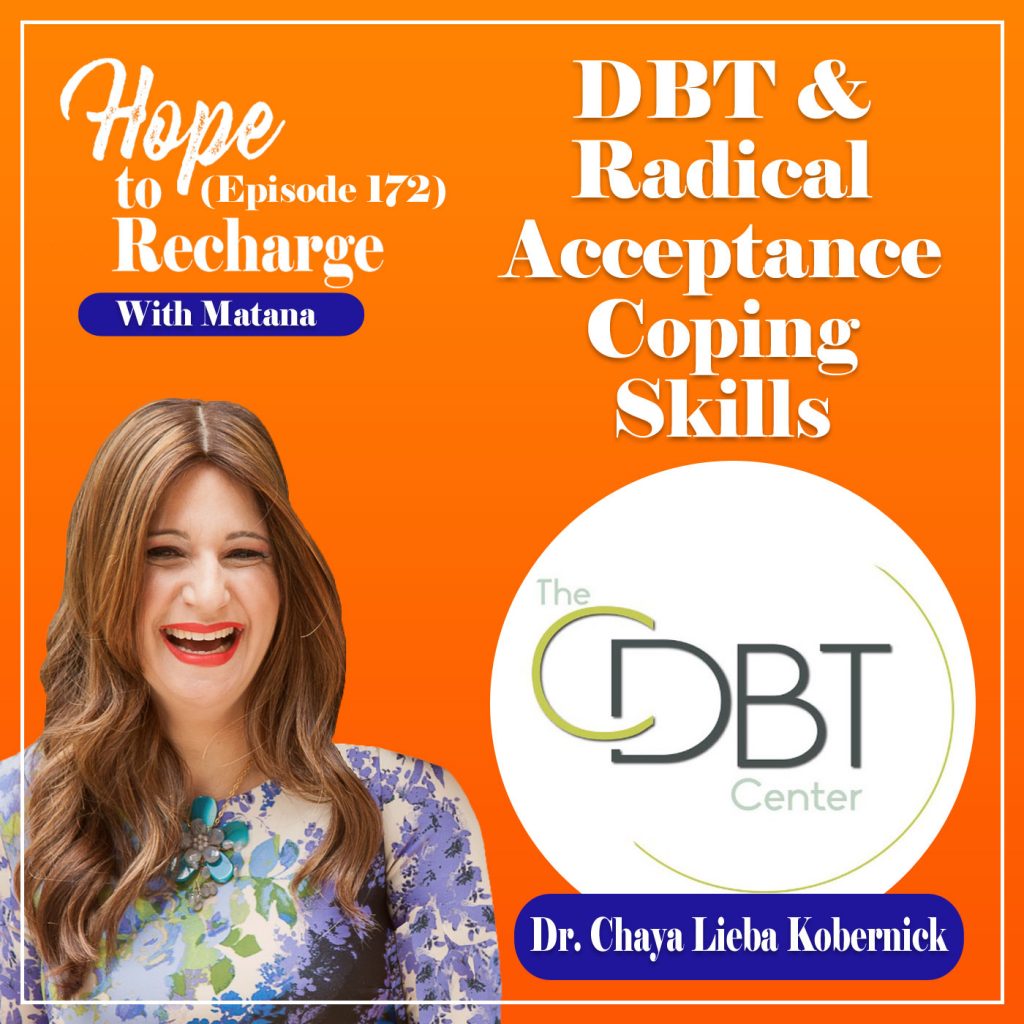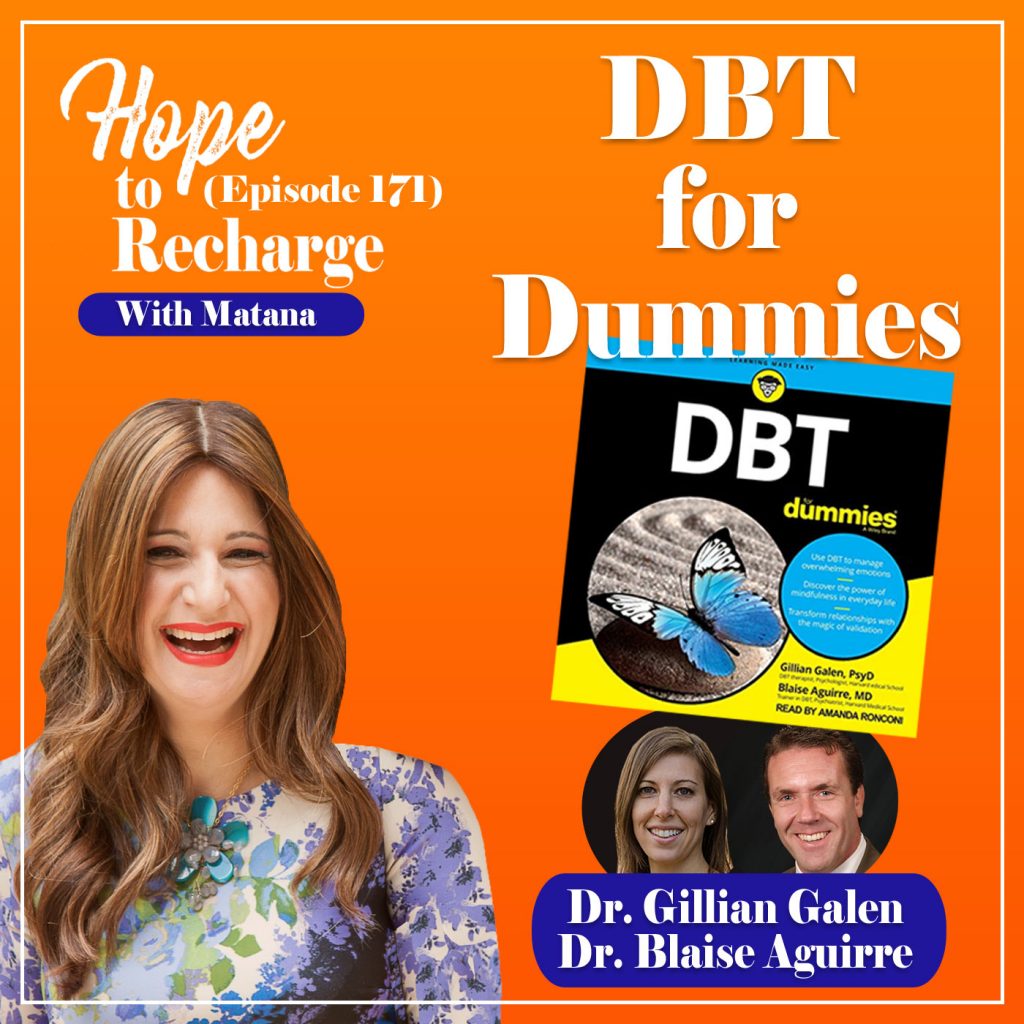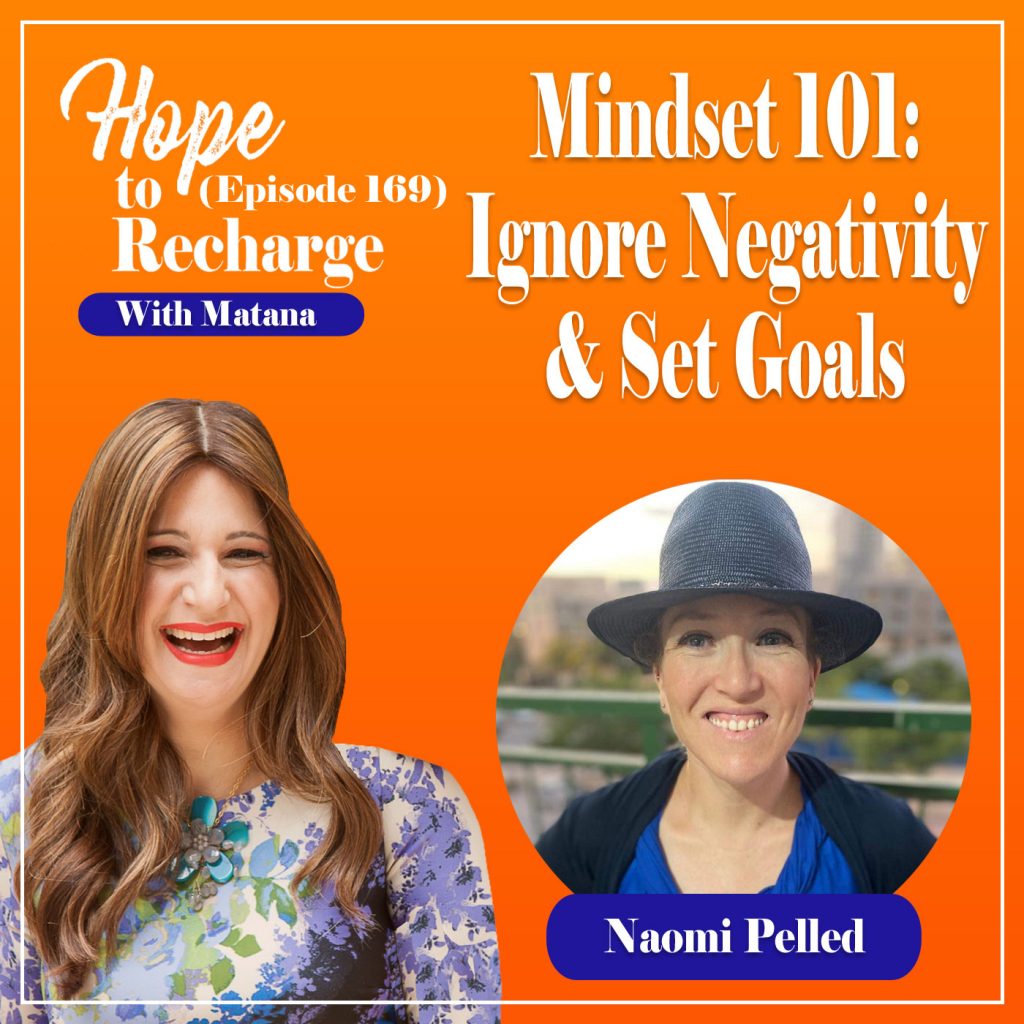You might know someone with mental illness. Maybe it’s you; maybe a family member or friend. But it is someone you wish to see get better. You’ve seen them suffer, even while in treatment. Perhaps you have suffered as well. You wish there was another way for them to find help and hope in the darkness. Chazkeinu was created to offer that additional support to Orthodox Jewish women living with mental illness.
Fixing Broken After Trauma (Joe Brikman)
Joe Brikman joins us to share with us how he has come to thrive, despite adversity. As a boy, he was sexually abused by a female babysitter and at the age of 12, shortly after he told his parents, his father was diagnosed with cancer. Joe was sent off to a boarding school where, no matter his accomplishments, it seemed he could never live up to their strict expectations. This, combined with the flashbacks and issues he was dealing with, made him feel hopeless, and he attempted suicide on his 14th birthday.
Year One: Documenting Postpartum Depression (Erin Bagwell)
When I heard Erin Bagwell share her perspective on her experience with Postpartum Depression (PPD), I knew I had to have her on the show. In this powerful and raw episode, we discuss our own experiences with mental health in early motherhood and what new moms often go through.
The Power of Affirmations (Bob Baker)
Bob Baker has been my virtual mentor for years. I have never actually met him before, but every morning, I listen to his podcast and let him guide me in speaking affirmations over my life. He is here today to share with us his own journey to embracing affirmations. Positivity had such a huge impact on my own healing, and Bob plays a big part in keeping that going in my daily life.
Borderline Personality Disorder: The Road After Discovery (Debbie DeMarco Bennett)
In 2010, Debbie DeMarco Bennett learned that she had borderline personality disorder, (BPD) was in and out of psychiatric hospitalizations, frequently threatening suicide, unable to keep a job and her relationships were very hot and very cold. Having grown up in the foster care system and being placed in group homes she had been working with her psychiatrist and therapist at the health organization Kaiser, where she received her diagnosis of BPD. Her psychiatrist introduced her to Dialectical Behavior Therapy, (DBT), and after she enrolled into treatment, she realized that she was not crazy, but rather, was just someone who felt deeply, intensely, and never really learned how to manage when difficulty surfaced.
Surviving 9/11: Perseverance & Rebuilding After Catastrophe (Ari Schonbrun)
For the 20th anniversary of 9/11, I had the privilege of interviewing one of the few people who survived the attack from a higher floor in the tower. Ari Schonbrun worked on the 101st floor in the accounts receivables department of a stock market firm. Of their 960 employees in that office, only 302 survived. Most of those who lived were not in the office that day.
DBT & Radical Acceptance Coping Skills (Dr. Chaya Lieba Kobernick)
We asked Dr. Kobernick to come back because I have been getting tons of questions about Radical Acceptance, which is a building block of Dialectical Behavior Therapy (DBT). I’ve also noticed that our most popular episodes have been those about BPD (Borderline Personality Disorder) and DBT so, I knew we needed an expert to come in and talk about it some more.
Dialectical Behavior Therapy (DBT) for Dummies (Drs. Galen and Aguirre)
Two experts in Dialectical Behavior Therapy (DBT), Drs. Galen and Aguirre, have just released a new book called DBT for Dummies. They are experts in explaining this to average people with no background in psychology. Together, we explore one of the basic tenets of DBT: radical acceptance. I tell clients about this practice all the time, and there’s always so many questions about how it works.
Own Your Own Story (Dr. Jen Fit)
Jen shares how her close friends, family and even her own body had been trying to alert her to the unhealthiness of her romantic relationship, but she had not been willing to listen. Even when her intuition said something was not right, she could not find a logical reason to feel that way, so she stayed. She kept hoping it would turn out like she dreamed. It wasn’t until after the relationship ended that she realized most of the problems they were having stemmed from differing core values. It wasn’t that either one of them was a good or bad person at the fundamental level.
Mindset 101: Ignore Negativity & Set Goals (Naomi Pelled)
Naomi’s original motivators to lose weight did not work in the long term. This was partly because they were all about avoiding something negative, not about gaining a positive (“I want to lose weight so I won’t be judged by strangers” vs “I want to lose weight so I can run around with my children”). The people surrounding her encouraged her to change focus. She calls these people her “team.” This includes not only her friends, colleagues, and family but also podcasters whom she listens to and authors she reads regularly, but has never met.


